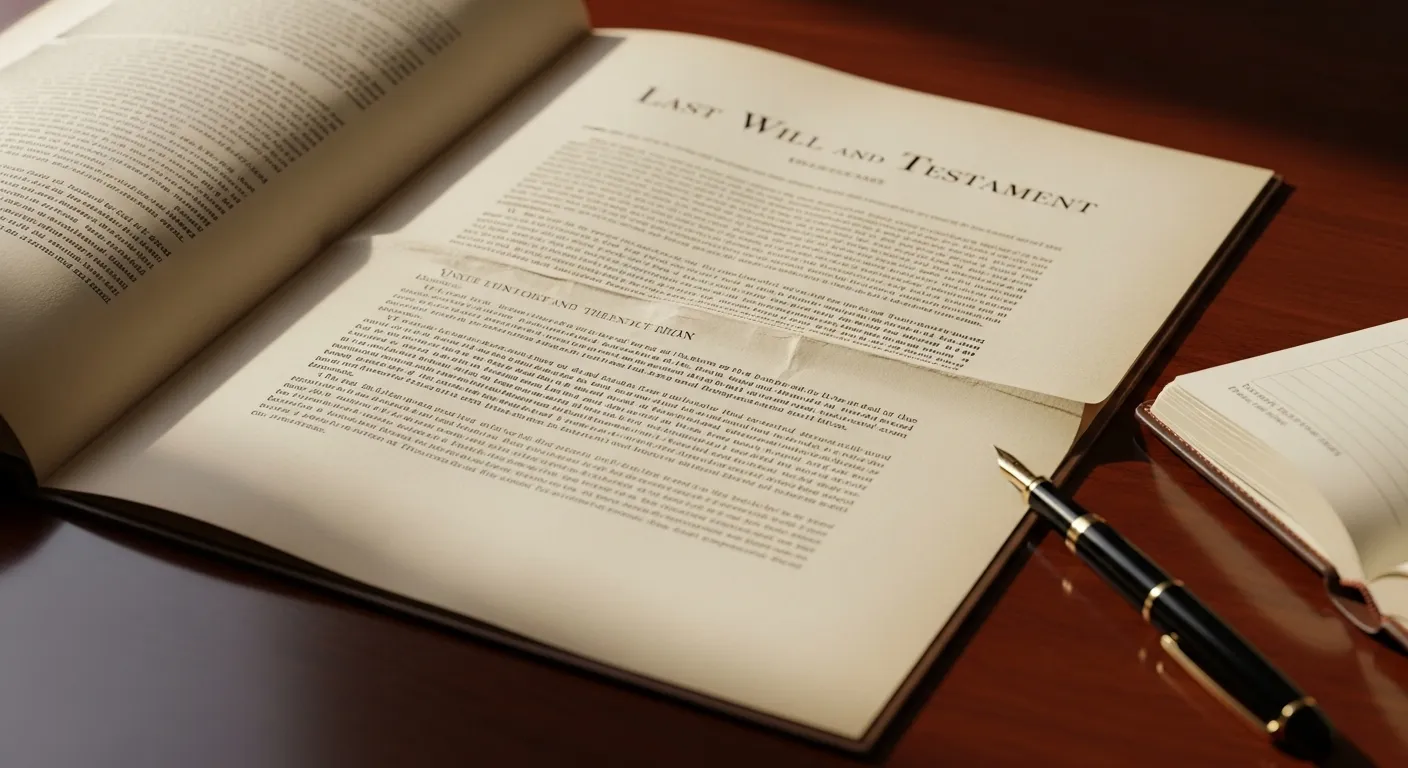
The passing of a loved one is an emotionally challenging time, a period often filled with grief, reflection, and the difficult task of settling their final affairs. In an ideal world, the Last Will and Testament serves as a clear and final roadmap, guiding the distribution of assets according to the deceased’s wishes. But what happens when that roadmap is unclear, seems unfair, or feels fundamentally wrong? This is when the legal process of “contesting a will” may begin.
A will contest is a formal legal challenge brought in court to dispute the validity of a will. It is not simply a complaint about being unhappy with your inheritance; rather, it is a serious legal claim that the document itself is flawed for specific, recognized reasons. These estate disputes can be emotionally draining and financially costly for everyone involved, often deepening family rifts at a time when unity is needed most.
Understanding the valid reasons for challenging a will is crucial, whether you are creating your own estate plan, serving as an executor, or a family member concerned about a loved one’s final wishes. This knowledge empowers you to have more informed conversations with legal professionals and to better navigate the complexities of probate law. Our goal is to demystify this process, breaking down the jargon and explaining the legal standards in practical, human terms. We will explore the five most common grounds for contesting a last will and testament, providing you with the foundational information you need to protect your family and honor your loved one’s true legacy.
Key Concepts and Terminology Explained
Before diving into the reasons a will can be contested, it’s essential to understand the language of probate law. The legal world has its own vocabulary, and knowing these key terms will make the entire process clearer. Think of this as a glossary for navigating the world of estate disputes.
-
Testator: This is the legal term for the person who has made the will. When we talk about the testator’s intentions or mental state, we are referring to the person who passed away.
-
Beneficiary: A beneficiary is any person, trust, or organization named in the will to receive property or assets from the testator’s estate.
-
Heir (or Heir-at-Law): An heir is someone who, according to state law, is entitled to inherit property if the deceased person died without a valid will. Heirs are typically the closest living relatives, such as a spouse, children, parents, or siblings.
-
Executor (or Personal Representative): The executor is the individual or institution named in the will and appointed by the probate court to carry out the will’s instructions. Their duties include gathering the estate’s assets, paying debts and taxes, and distributing the remaining property to the beneficiaries.
-
Probate: Probate is the formal, court-supervised legal process of validating a will, settling the deceased’s final affairs, and distributing their assets. Contesting a will takes place during the probate process.
-
Estate: The estate consists of all the property a person owns at the time of their death. This includes real estate, bank accounts, stocks, vehicles, personal belongings, and any other assets.
-
Intestate: To die “intestate” means to die without a valid will. In such cases, state laws, known as intestacy laws, determine how the person’s property is distributed among their heirs.
-
Standing: In a legal context, “standing” refers to the right to bring a lawsuit or challenge a legal document in court. To contest a will, a person must have standing, which typically means they have a direct financial interest in the outcome. This is usually limited to beneficiaries in a previous will or heirs who would inherit more if the current will were found to be invalid.
Understanding this terminology is the first step in demystifying the legal system. With these definitions in mind, you’ll be better equipped to understand the specific legal arguments involved in a will contest.




